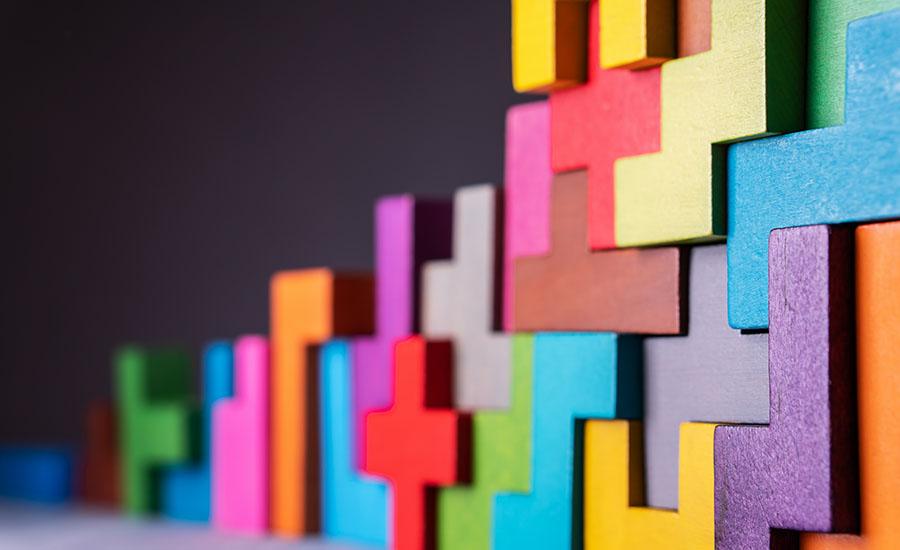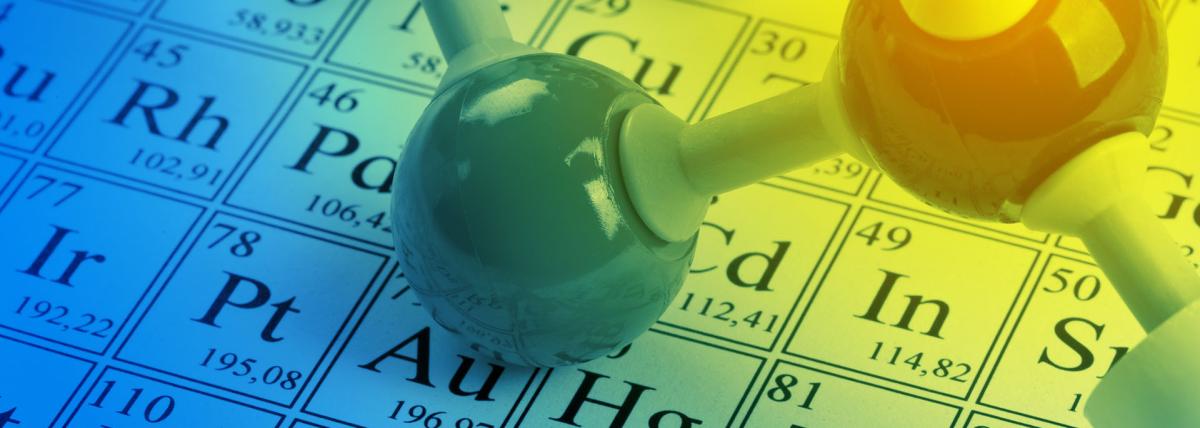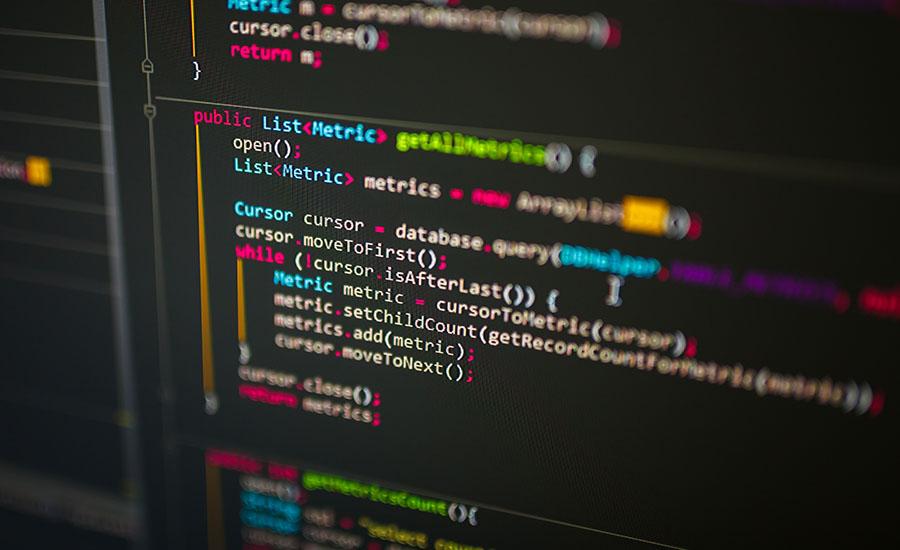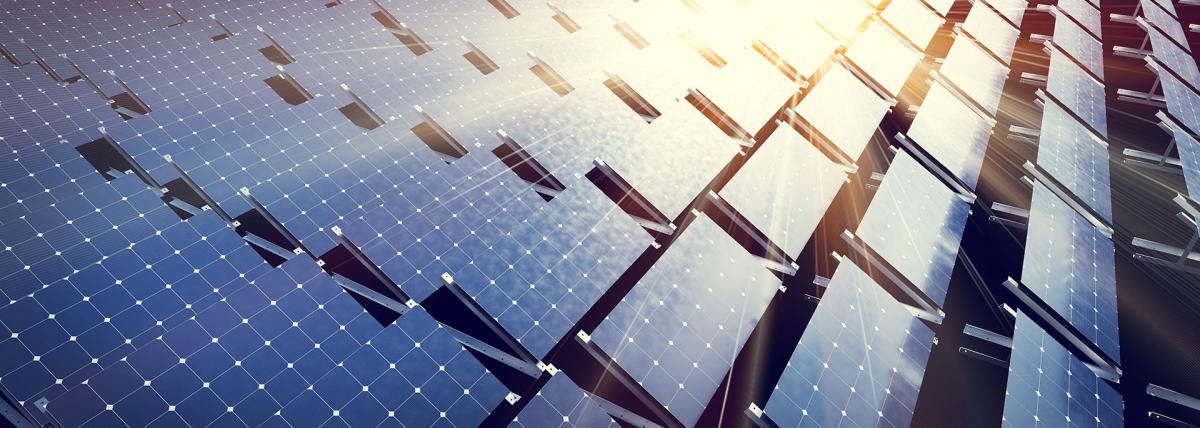
Grades:
6th Grade
In this lesson, students will create and test multiple helicopters to create a helicopter that lands the slowest in a given target. Students will take their best design and share with the class.



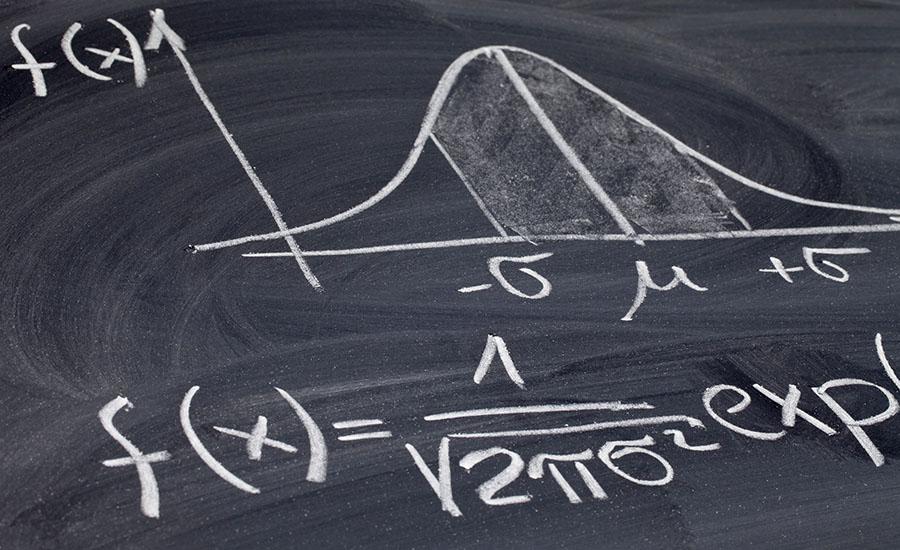
This lesson will provide students with hands-on experience to design a roller coaster that will demonstrate transformation and conservation of mechanical energy. Students will learn the concept of
